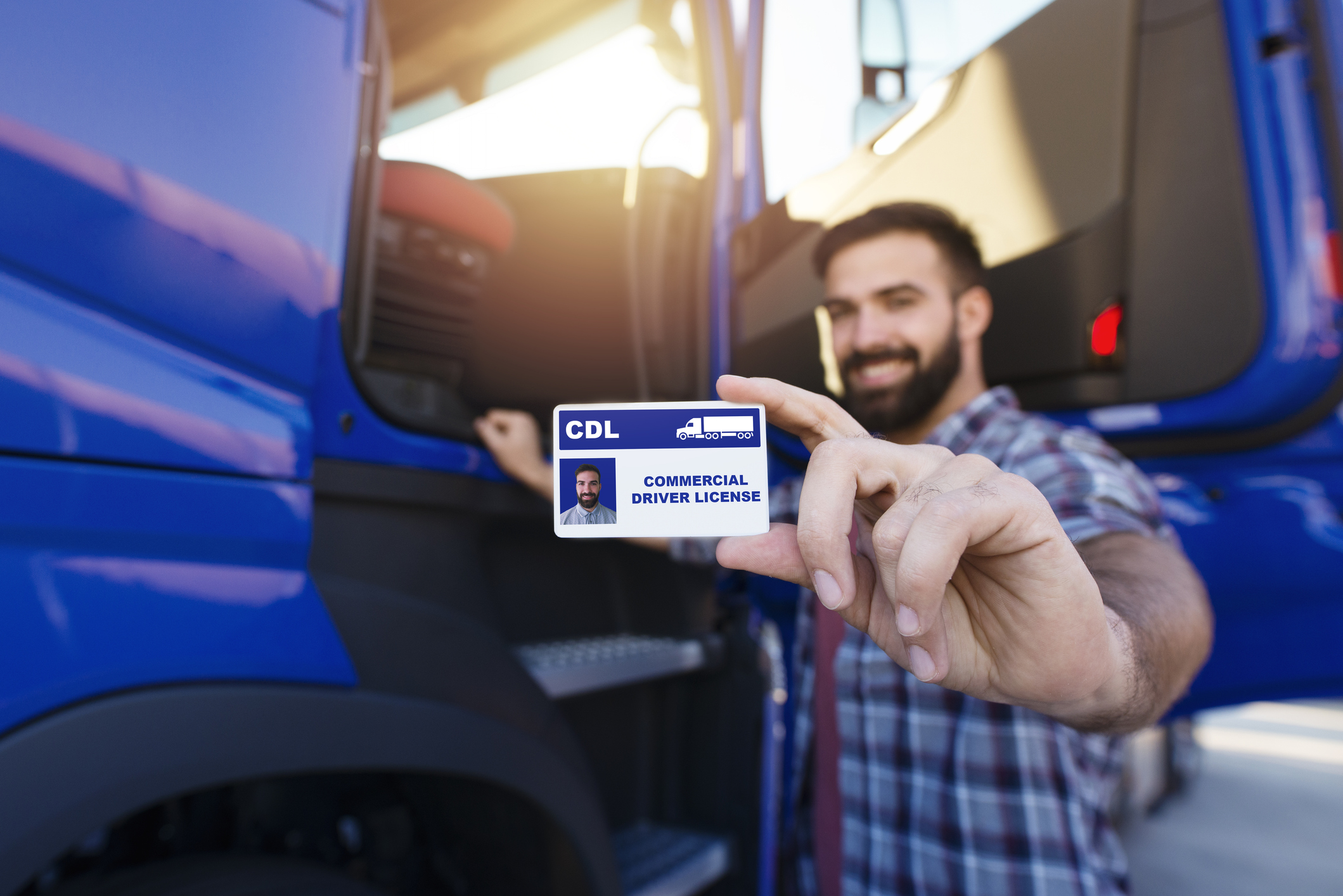How does a newly licensed truck driver get that first position when many companies don’t hire truck drivers without experience?
Wow, what a question! And this is a widespread problem. And many trucking companies will tell you that their insurance company will not allow them to hire a newly licensed truck driver. Is this an accurate statement?
Yes, it is, BUT it is not the whole story. Most trucking companies can hire new drivers if they are willing to meet some insurance company criteria. This is where things start to fall apart.
For most insurance companies, the trucking company must be a fleet. A fleet is often ten or more trucks. (The trucking company must have enough revenue and profits to have the money to train.) What is the insurance company asking for?
When a trucking company asks their insurer if they can hire a former student, the insurance company will look at the accident history of that trucking company. If their account is not good, the insurer will likely say NO. After all, if drivers with two or more years of driving experience have more than the average number of crashes, why would the insurance company want to add more risk and likelihood of more crashes? It would appear that the trucking company doesn’t have a good safety program in the first place.
The following criterion will be that the trucking company has a written plan and training program for the new truck driver. The insurer will review the plan and see if it meets their specifications. What would a plan look like? It should be at least six weeks of on-the-road training with a mentor or coach. This is not team driving. This training would be two people doing one person’s work. In other words, real on-the-job training for the newly licensed driver.
So this is a costly part and the part that many trucking companies refuse to pay. They need a written plan. You can write your document or purchase one, but you need a plan. This is the first step.
Then the expensive part is paying two people to do one person’s work for at least six weeks. And I do mean “at least.” Many training programs are longer than this. It depends on the type of work that the company is performing. It makes sense that dry van work might require less training in many situations than flat-deck work. Truckload would require less training than loads with many pick-ups and deliveries.
Remember that insurance companies want to make money. And making money is a good thing when it comes to insurance. Why would I say such a thing? Because if the insurance company is making money, that would mean that the trucking operation is operating safely and injuring or killing fewer people. This means that our roads are safer. After all, insurance rates can only go up so much before they would become unaffordable to trucking companies.
So whose fault is that trucking companies can’t hire newly licensed graduates from a quality trucking school?
In my opinion, the trucking company fails to see the value in hiring and training the new grad. And therefore, they will not part with the money needed to bring the new driver into their fleet correctly. After all, they are being asked to invest thousands of dollars into a new driver that can quit right after the training is completed. And that becomes money wasted.
What can be done? For you new graduates, when you find a company that will hire you (and they are out there. They may not be easy to find, but they are there.), stay with them for at least a year. You must be willing to start at the bottom. For many, this means long haul driving and being on the road for days. This may not be attractive to you, but this is where you will likely start. You will have to do the work that drivers with experience don’t want to do anymore, such as the long haul.
So who is at fault? Companies that don’t need to spend thousands of dollars for drivers that don’t stay long enough for a payback. And also drivers who have joined the industry with unrealistic expectations and are unwilling to start at the bottom.
There are also other problems that I have not covered, but these are the big two.





Comments are closed